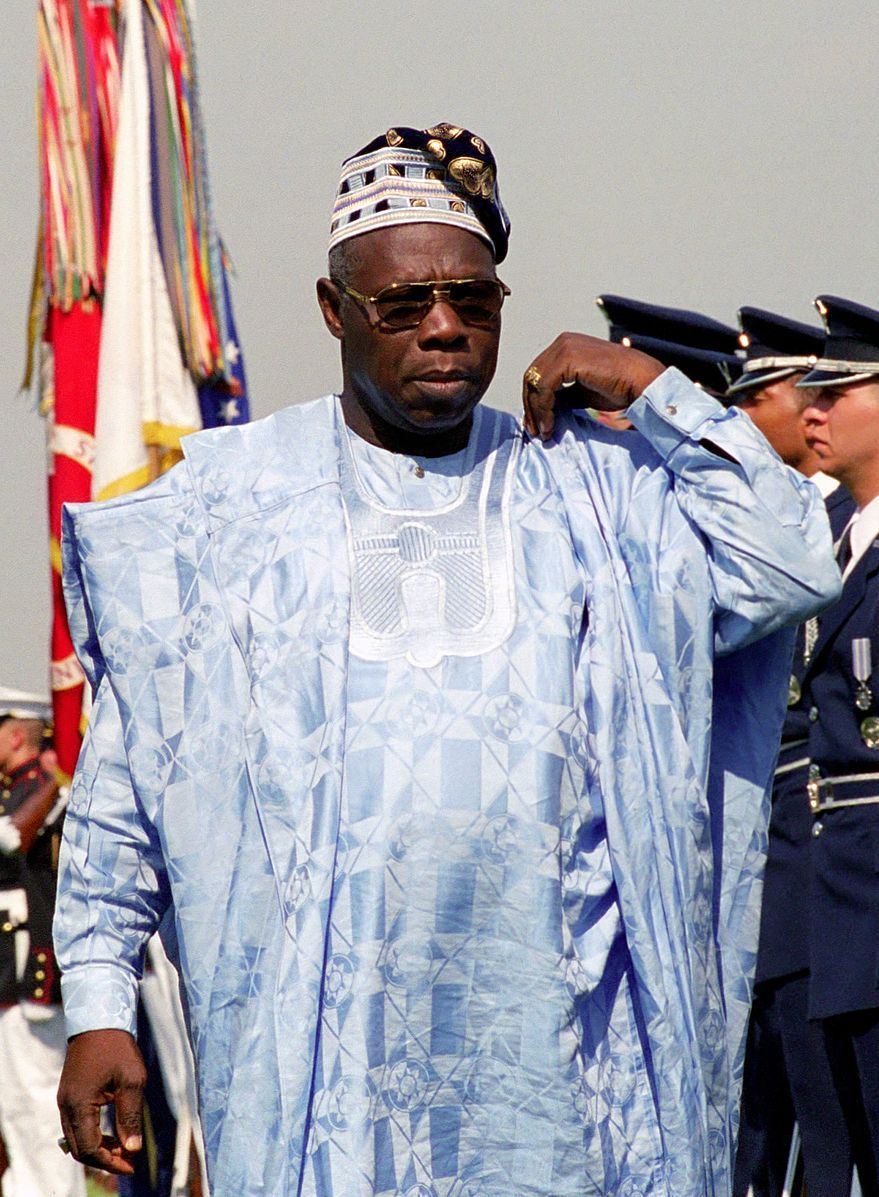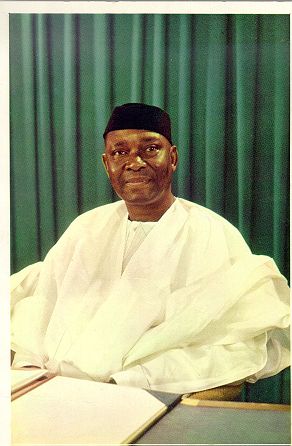Muhammadu Buhari: Addressing Security, Corruption, and Economic Reforms in Nigeria

Muhammadu Buhari, Nigeria's seventh president, assumed office in 2015, marking his second tenure as the country's leader. Buhari's presidency has been defined by his focus on addressing security challenges, combating corruption, and implementing economic reforms. This article explores Buhari's life, his political journey, and the key initiatives he undertook during his presidency. From his commitment to security and anti-corruption efforts to his focus on economic diversification, Buhari's leadership has left a significant impact on Nigeria's socio-economic landscape.
Early Life, Military Career, and Political Beginnings: Muhammadu Buhari was born on December 17, 1942, in Daura, Nigeria. He had a distinguished military career, rising through the ranks to become a Major General. Buhari's political career began in the early 1980s when he served as Nigeria's military head of state after a successful coup in 1983. Although his first tenure was short-lived, Buhari's reputation as a disciplinarian and his anti-corruption stance earned him recognition among Nigerians.
Presidential Ascendancy and Security Challenges: Buhari's return to power as Nigeria's president in 2015 came at a critical time when the country faced significant security challenges. One of the key issues he confronted was the Boko Haram insurgency, which had caused widespread devastation and displacement in the northeastern region. Buhari's administration intensified efforts to combat the insurgency, mobilizing regional and international cooperation to address the security crisis.
Under Buhari's leadership, the Nigerian military made significant strides in reclaiming territory from Boko Haram and restoring stability to affected areas. However, the insurgency still persists, highlighting the complexity of the security situation and the need for sustained efforts.
Anti-Corruption Measures and Governance Reforms: Buhari's administration launched a major campaign against corruption, a pervasive issue that has hindered Nigeria's development for decades. The establishment of the Presidential Advisory Committee Against Corruption (PACAC) and the Economic and Financial Crimes Commission (EFCC) reinforced the government's commitment to tackling corruption at all levels. Buhari's administration emphasized accountability and transparency in government operations, initiating reforms to curb wasteful spending and enhance public financial management.
In addition to anti-corruption measures, Buhari pursued governance reforms aimed at improving the efficiency and effectiveness of government institutions. He implemented the Treasury Single Account (TSA) system, which consolidated government funds into a single account, promoting transparency and minimizing revenue leakages. Buhari's administration also focused on civil service reforms, digitization of government processes, and public sector efficiency to streamline operations and enhance service delivery.
Economic Reforms and Diversification: Buhari's administration recognized the need to diversify Nigeria's economy, reduce dependence on oil revenues, and promote sustainable growth. His government implemented various economic initiatives, including the Economic Recovery and Growth Plan (ERGP), which aimed to revitalize key sectors such as agriculture, manufacturing, and infrastructure development.
Efforts to improve agricultural productivity and promote self-sufficiency in food production were prioritized. Buhari's administration implemented the Anchor Borrowers' Program, which provided financial support and inputs to smallholder farmers, stimulating agricultural growth and reducing food import dependency.
Challenges and Ongoing Efforts: Despite the achievements of Buhari's administration, Nigeria continues to face numerous challenges. The security situation remains a pressing concern, with ongoing insurgency threats and communal conflicts. Economic diversification efforts require sustained implementation and investment to achieve long-term results. Additionally, the fight against corruption necessitates continued vigilance and institutional strengthening.
Muhammadu Buhari's presidency has been marked by his commitment to addressing security challenges, combating corruption, and implementing economic reforms in Nigeria. His efforts to restore stability in the face of insurgency, intensify the fight against corruption, and promote economic diversification have left a significant impact on Nigeria's socio-economic landscape. However, challenges remain, and the continuation of Buhari's initiatives, coupled with sustained efforts by subsequent administrations, is crucial for Nigeria's long-term development and prosperity.


